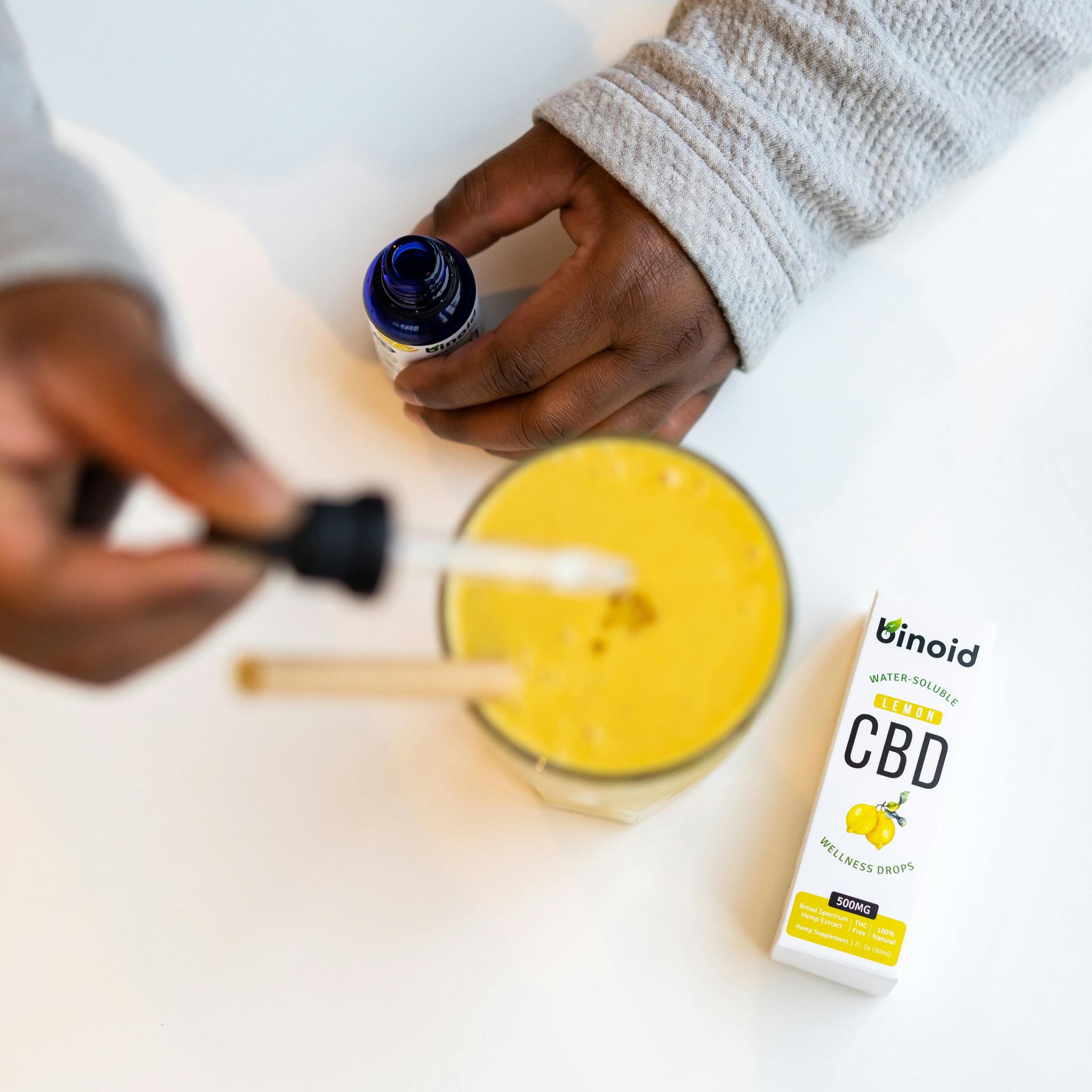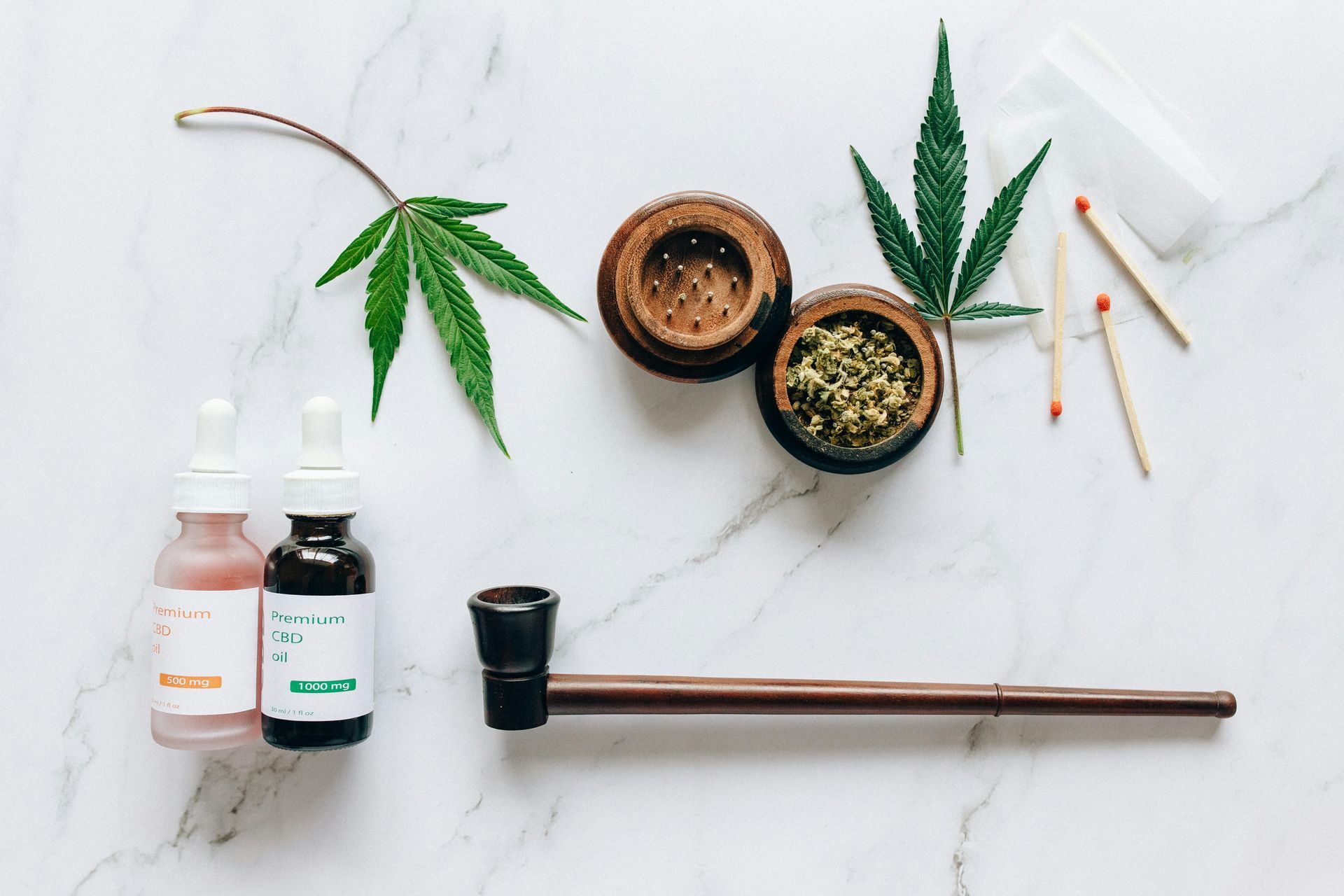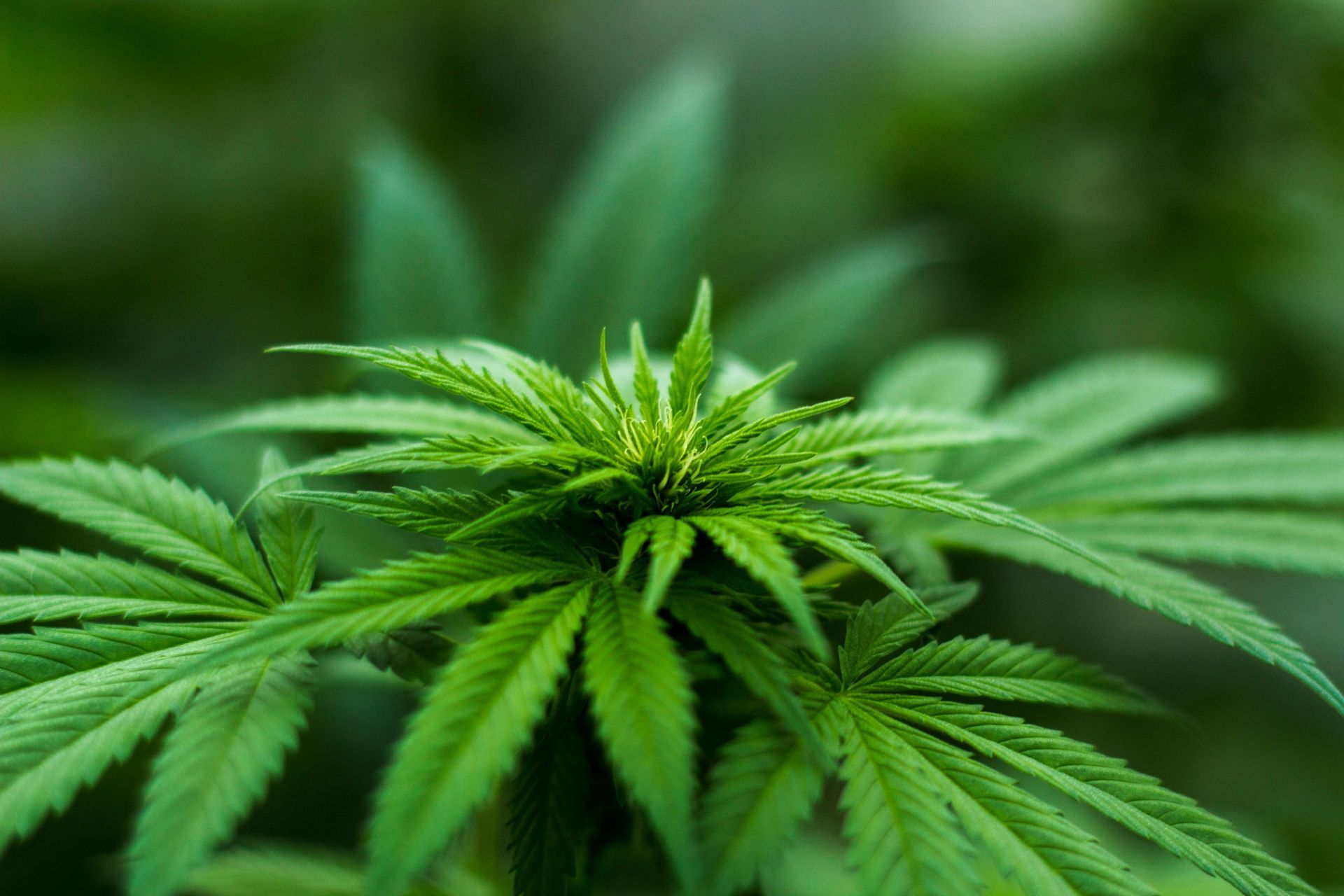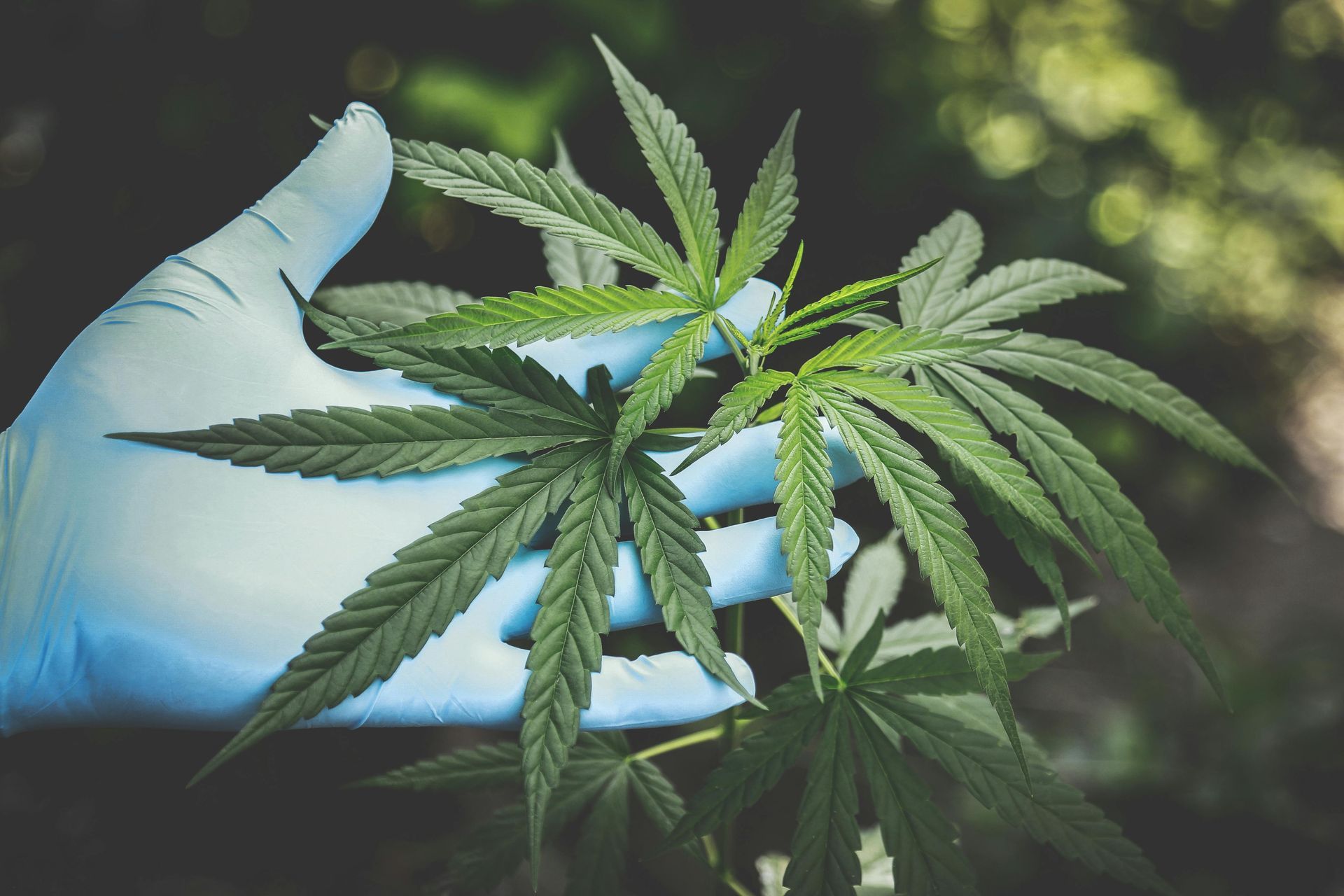
By Jonathan Carroll and Ryan C. Davis
•
October 8, 2025
Is CBD Oil Legal in Tennessee? Yes, CBD oil (cannabidiol) containing less than 0.3 percent THC is legal in Tennessee and can be purchased at a number of retailers or online. The CBD oil that is legal in Tennessee is made from industrial hemp and does not cause the same psychoactive effects that marijuana does. However, many standard drug tests cannot detect the difference between legal CBD oil and marijuana, so you could potentially fail a drug test even though you have only used legal CBD oil. Accordingly, it is not a good idea for anyone on probation or who is required to take random drug screens for employment purposes to use CBD oil. Moreover, if you are pulled over and an officer suspects you may have recently smoked marijuana, you could be arrested for DUI. At that point, the officer would likely get a search warrant to have your blood drawn and tested. Sometimes these blood tests do not differentiate between inactive metabolites of THC and active THC. With the rise of prosecution of crimes involving THC and marijuana, it's important that your criminal defense lawyer understands these complexities and is prepared to defend against confusion and misunderstanding on the part of law enforcement and prosecutors.

By Jonathan Carroll and Ryan C. Davis
•
October 8, 2025
Is Medical Marijuana Legal in Tennessee? No, currently medical marijuana is not legal in Tennessee. However, medical marijuana has been gaining support in Tennessee, as studies show it can benefit those suffering from conditions including cancer, Alzheimer’s disease and Parkinson’s disease. However, recent attempts by legislators to legalize marijuana for medical purposes have failed. It is likely, though, that we will see medical marijuana become legal in Tennessee in the near future. In the meantime, however, only legally prescribed drugs should be consumed in order to avoid criminal prosecution.

By Jonathan Carroll and Ryan C. Davis
•
October 8, 2025
How Much Marijuana Can I Possess Without Getting Arrested? In Tennessee you can be arrested for possessing any amount of marijuana. If you are found in possession of an amount less than half an ounce (14.174 grams), you can be charged with an A misdemeanor, the penalty for which can include up to a year in a jail and a fine up to $2,500. Whether or not you are arrested or given a misdemeanor citation depends completely on the practices of the jurisdiction you are in. Officers in some jurisdictions will release you with a citation where you are required to appear on a certain date to be booked into the local jail and court system. Other jurisdictions will arrest you and require you to post a bond. Whether or not you have any prior charges for simple possession or any prior failures to appear may also impact your eligibility for a citation. It is important that your criminal defense attorney understands the practices and policies of the police department and District Attorney’s office where your case is pending.

By James Kemp and Ryan C. Davis
•
October 8, 2025
For decades, Tennessee courts have long held that the smell of marijuana is sufficient to establish the probable cause necessary for police to obtain a search warrant or to conduct a search or seizure under the automobile exception to the warrant requirement. However, times are changing. The Fourth Amendment guarantees people the right to be free from unreasonable searches and seizures. However, a search may be reasonable if it is supported by a warrant or if there are circumstances that exist that justify a warrantless search. Furthermore, warrants must be support by probable cause. One common exception to the warrant requirement is called the “automobile exception.” Basically, if a police officer has probable cause to believe that an automobile contains contraband or evidence of a crime, the officer can search the entire vehicle, including all containers inside of it, without a warrant under certain circumstances. So, you may ask, what might give a police officer probable cause to search an automobile under the automobile exception to the warrant requirement? Enter the “plain smell” doctrine. Under the plain smell doctrine, a distinct odor (such as the smell of marijuana) can provide probable cause for officers to believe that an automobile contains contraband, and thus, a search warrant is not required to search the vehicle. The plan smell exception to the search warrant requirement is extremely easy for police officers to assert because probable cause is an objective determination. If a police officer is willing to testify that he or she detected the smell of marijuana coming from an automobile, it is difficult to argue otherwise, even if no marijuana is subsequently discovered. However, because of the legalization of hemp under both federal and Tennessee law, there are major issues with law enforcement relying on the odor of marijuana to provide probable cause to search a vehicle or to get a warrant. The director of the Tennessee Bureau of Investigation recently acknowledged that neither law enforcement officers or K-9 drug sniffing dogs can visually tell the difference between legal hemp or illegal marijuana, nor can they detect the difference in odor between the two. As a result, the smell of marijuana, by itself, can no longer provide probable cause for police officers to search an automobile or to get a warrant because no human being or drug dog can smell or visually distinguish between illegal marijuana and legal hemp. Although this issue has not been litigated or ruled on by any appellate court in Tennessee, prosecutors throughout Tennessee are already becoming hesitant to pursue cases where police officers collected evidence through searches solely based on the plain smell of marijuana. If you were arrested following a search based upon the alleged plain smell of marijuana, that search may not be legal. Call the criminal defense attorneys at Ryan C. Davis Law, PLLC today at (615) 649-0110. We understand this issue and the science that the government would like to ignore, and we can help you begin preparing your defense today. Visit our Education Center for other posts regarding Marijuana.

By Jorie Zajicek and Ryan C. Davis
•
October 8, 2025
What Is The Difference Between Hemp and Marijuana? Hemp and marijuana are different varieties of the same cannabis plant. The best example I’ve been given to understand this is the comparison of caffeinated coffee and decaf coffee. Both are coffee, but the chemical makeup is different. The cannabis plant produces more than 100 different compounds, but the two most common (and most useful) are tetrahydrocannabinol (THC) and cannabidiol (CBD). THC is a compound in the cannabis plant that has psychoactive effects that can make you feel “high,” among other effects. There are different types of THC compounds, but the most common are Delta-9 THC, Delta-8 THC, Delta-10 THC, and THC-O. Some of these compounds are found naturally, and others are manufactured. It’s important to note that most synthetic cannabinoids have not been properly tested for safety and efficacy in human studies. Delta-9 THC is derived naturally from the cannabis plant, and is what most people are referring to when referencing marijuana or “weed.” Delta-8 THC is an isomer, or chemical variant, of Delta-9 THC. It is found only at minuscule levels in natural cannabis. High levels of Delta-8 THC can only be produced artificially by chemically converting CBD or Delta-9 THC through a process known as isomerization. Delta-10 THC is a completely synthetic isomer of Delta-9 THC that is believed to have less psychoactive effects than Delta-8 THC. Delta-10 is one of several isomers (Delta-6, Delta-7, etc) that do not occur naturally in cannabis, but instead are created synthetically in a lab. THC-O acetate is another synthetic cannabinoid, and is believed to be stronger than Delta-9 THC. CBD is a compound that has no psychoactive effects, and pure CBD does not contain any THC. CBD is believed by some to have calming, pain reducing, or anti-inflammatory benefits. Importantly, the key difference between whether cannabis is considered hemp or marijuana is the delta-9 THC content found in the plant. Hemp is defined as cannabis that contains less than 0.3% delta-9 THC concentration by dry weight. Marijuana is defined as cannabis that has more than 0.3% delta-9 THC concentration by dry weight. Both hemp and marijuana also contain various levels of CBD. What is legal in Tennessee? Marijuana, which is distinguishable from hemp based on the amount of delta-9 THC, is illegal to grow or possess in Tennessee. However, derivatives of cannabis are not considered marijuana if the level of delta-9 THC in the product is less than 0.3%. (T.C.A. 39-17-402(16)). Thus, although forms of THC such as delta-8, delta-10, and THC-O can be just as psychoactive as delta-9 THC, there are currently no laws regulating those variations and as such, said forms of THC are currently legal.
